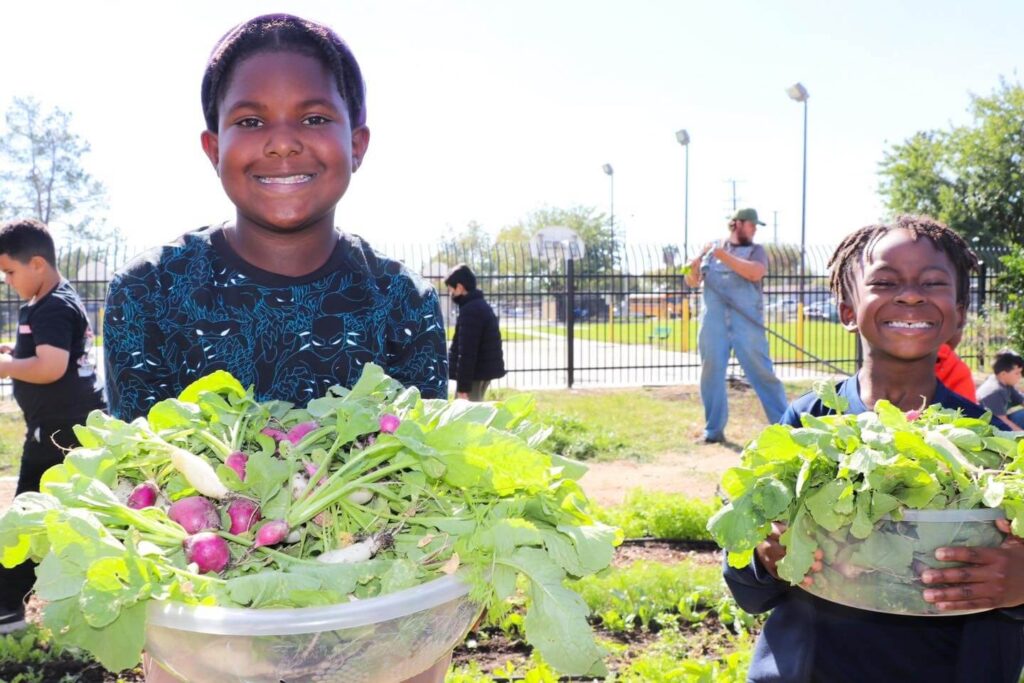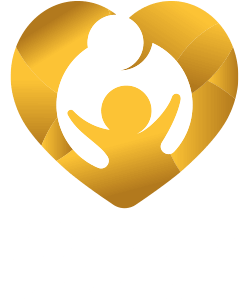In the vibrant tapestry of BIPOC communities, stories of resilience, strength, and cultural richness are abundant. Yet, beneath these tales often lie the shadows of systemic discrimination, historical traumas, and societal pressures. These challenges, while strengthening the community’s bond, can also take a toll on the mental and emotional well-being of its members. Recognizing this, the Akoma Unity Center in San Bernardino, CA, has pioneered a unique approach to healing: Community Healing Circles.
The Weight of Unspoken Traumas
For many in the BIPOC community, mental health remains a topic shrouded in stigma and misunderstanding. The weight of unspoken traumas, passed down through generations or experienced firsthand, can manifest in various ways. Anxiety, depression, and other mental health challenges can often be the silent companions of those who have faced racial or ethnic discrimination.
The Power of the Circle
Drawing from ancient traditions and practices, Akoma Unity Center has reintroduced the concept of healing circles. These gatherings are safe spaces where individuals come together to share, listen, and heal. In a circle, everyone is equal; every voice matters. It’s a place where pain is acknowledged, stories are honored, and healing begins.
At Akoma, these circles are facilitated by trained community leaders who guide the discussions, ensuring a respectful and supportive environment. Participants are encouraged to speak their truth, share their experiences, and, most importantly, listen.
Why Community Healing?
The strength of community healing lies in its collective approach. When individuals realize they are not alone in their struggles, the journey to healing becomes a shared one. The power of collective empathy, understanding, and support can be transformative.
Moreover, in BIPOC communities, where cultural nuances and shared experiences play a significant role, community-based healing approaches like Akoma’s circles can be particularly effective. They offer a culturally sensitive space where members can address their unique challenges without fear of judgment or misunderstanding.
Akoma’s Impact
Since its inception, Akoma Unity Center’s Community Healing Circles have become a beacon of hope for many. Participants often describe a sense of liberation after attending a session, a feeling of being seen, heard, and understood. The circles have not only facilitated individual healing but have also strengthened the community’s bond.
In Conclusion
Mental and emotional well-being is crucial for the overall health of any community. In BIPOC communities, where the challenges are multifaceted, approaches like Akoma’s Community Healing Circles offer a ray of hope. By creating safe spaces for dialogue, understanding, and healing, Akoma Unity Center is paving the way for a mentally and emotionally resilient community, one circle at a time.

